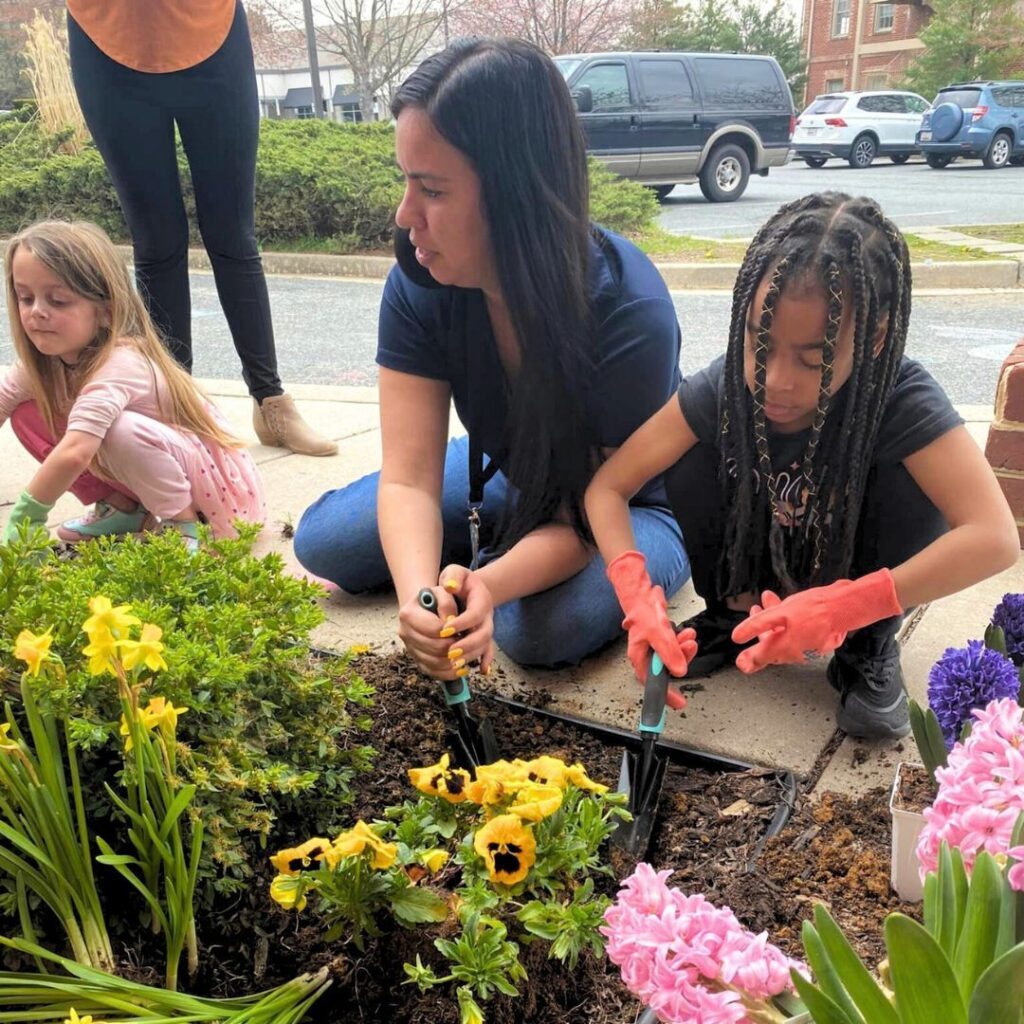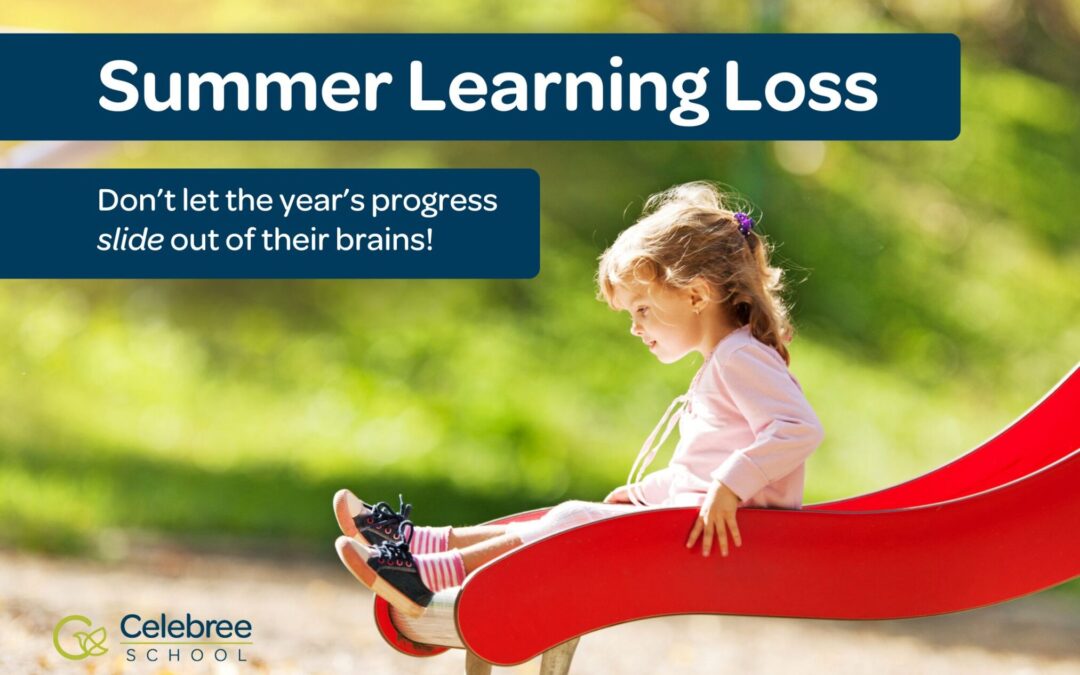Summer break is a much-anticipated time for kids—a season of sunshine, play, and freedom from school routines. However, the long break can also lead to a phenomenon known as “summer learning loss,” where children forget some of what they’ve learned during the school year. This issue can particularly affect young children in preschool and elementary school, setting back their academic progress. Here’s what parents need to know about summer learning loss and how to keep their kids engaged in learning throughout the summer through natural play-based activities.
What is Summer Learning Loss?
Summer learning loss refers to the decline in academic skills and knowledge over the summer months when school is not in session. Research indicates that students, especially those in elementary grades, can lose approximately one to three months of learning during the summer. The loss is most significant in reading and math skills, which can result in a gap that widens with each passing year if not addressed.
Why is Summer Learning Loss Significant for Young Children?
For young children, foundational skills in reading, writing, and math are crucial as they set the stage for future learning. The early years are a period of rapid brain development, and consistent learning helps solidify these foundational skills. Summer learning loss can disrupt this development, making it harder for children to catch up when the new school year begins.
Tips to Keep Children Engaged in Learning During Summer Through Play-Based Activities
1. Incorporate Learning into Daily Play
- Story Time Adventures: Turn reading into an adventure by acting out stories. Use costumes and props to bring the story to life, encouraging your child to use their imagination and improve their literacy skills.
- Math Games: Use everyday objects like blocks, rocks, or shells to create counting games. Ask your child to group objects by size, color, or number, making math a natural part of their playtime.

2. Outdoor Exploration and Learning
- Nature Scavenger Hunts: Create a list of items for your child to find in nature, such as different types of leaves, rocks, or insects. This activity fosters observational skills and introduces scientific concepts in a fun and engaging way.
- Gardening Projects: Start a small garden with your child. Let them help with planting, watering, and observing the growth of plants. This hands-on activity teaches responsibility, patience, and basic biology.
3. Creative Arts and Crafts
- Art from Nature: Collect natural materials like leaves, flowers, and sticks to create art projects. Encourage your child to make collages, paintings, or sculptures using these items, promoting creativity and fine motor skills.
- Story Stones: Paint small rocks with pictures and use them to tell stories. This activity combines art with literacy, allowing your child to create and narrate their own stories.
4. Imaginative Play
- Role-Playing Games: Encourage your child to engage in role-playing games where they can be anything from a shopkeeper to a scientist. This type of play enhances social skills, language development, and problem-solving abilities.
- Building Projects: Provide materials like cardboard boxes, tape, and markers for your child to build their own creations, whether it’s a fort, a car, or a robot. This promotes engineering skills and imaginative thinking.
5. Everyday Learning Opportunities
- Cooking Together: Involve your child in cooking and baking activities. Measuring ingredients, following recipes, and discussing the science of cooking are all excellent ways to integrate math and science into daily life.
- Shopping Adventures: Turn grocery shopping into a learning experience by asking your child to help find items, compare prices, and count the number of items in the cart. This makes math practical and fun.
While summer is a time for fun and relaxation, it’s important to integrate learning into your child’s routine to prevent summer learning loss. By incorporating play-based educational activities into daily life, planning enriching experiences, and encouraging imaginative play, you can help your child stay engaged and ready for the upcoming school year. Remember, the goal is to make learning enjoyable and seamless, turning everyday moments into opportunities for growth and discovery. With these tips, you can ensure that your child’s summer is filled with both fun and learning.
At Celebree School, our preschool programs are year-round, so the learning never stops! This ensures that children are continuously engaged and growing, making the transition between seasons smooth and enriching. Learn more about our infant, toddler, preschool, and elementary school-aged children.

